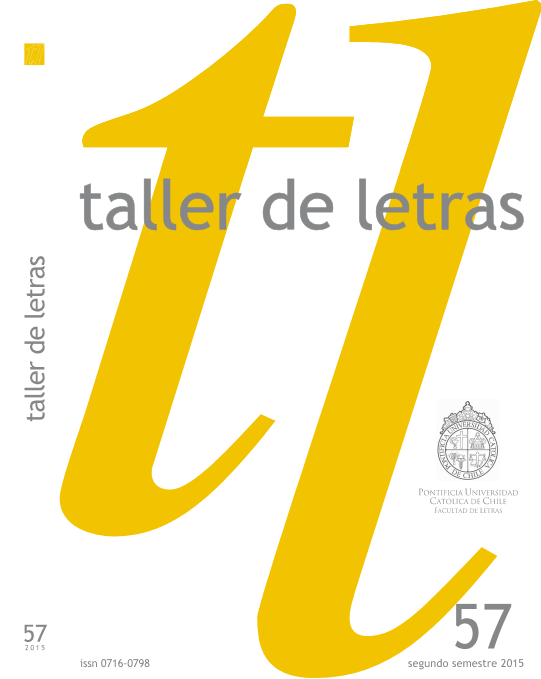Between Banal Praise and Vile Insults: Vulgarity as a Threat to the Working Community in Diamela Eltit's Mano de obra
Main Article Content
Abstract
By highlighting the fraught relationship between rhetoric and economics, Eltit's Mano de obra wields and references different rhetorical and aesthetic styles to expose the disintegration of working-class solidarity as the ultimate consequence of the liberal economics that characterized Chile's economy from the second half of the nineteenth century to its present neoliberal manifestation. This essay focuses on the second part of the novel and the antagonism between the two types of rhetoric that characterize the first person plural narrative voice. On the one hand, this communal voice insists time and again on expressing appreciation, respect and mutual affection for any and all members of the group. On the other, this same voice is punctuated by vulgar and aggressive insults as each and every member of the group collapses under the pressure of fear, betrayal and the occasional self- mutilation. This verbal disintegration makes loudly audible the imminent demise of the fragile community on which these workers depended for their survival.
Downloads
Article Details

This work is licensed under a Creative Commons Attribution-NonCommercial-ShareAlike 4.0 International License.

